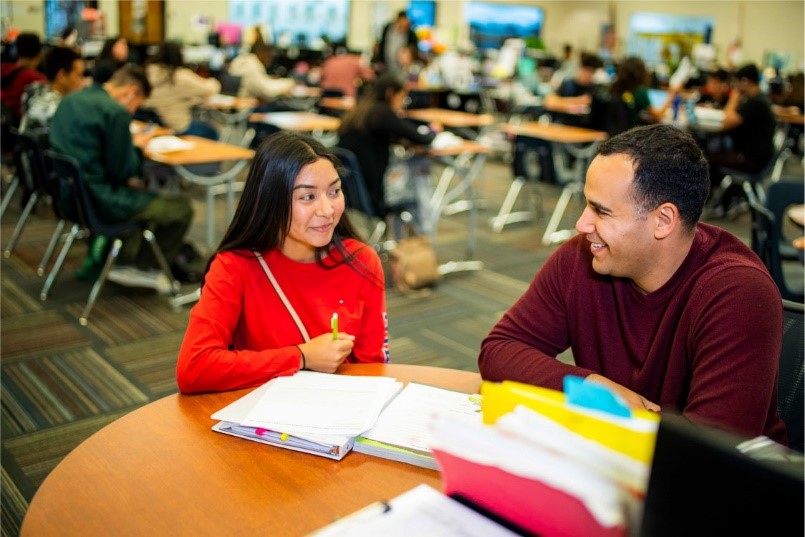
This month’s Dropout Prevention Month is more crucial than ever after hundreds of thousands of students have opted not to return to the classroom. Many are being homeschooled or attending online classes, but there is still a large number who are simply not attending school at all. And those who have returned to the classroom may be struggling to adjust after a school year of dramatic disruptions and learning loss. Educators must work harder than ever to engage and reengage students.
A recent qualitative internal study we conducted revealed that a strong teacher-student relationship is key to student success, especially when supported by an educational model that includes small student caseloads for teachers, a personalized instructional approach, flexible scheduling and ample supportive services. This is a win-win for the teacher and student as it gives way to the much-needed human element to support the academic environment:
“Students need strong relationships with their teachers more than ever after 18 months of remote learning. It’s hard to imagine how a high school teacher with as many as 180 students can even know all their names, much less develop a relationship with each of them,” said Learn4Life Area Superintendent Shellie Hanes. “Too many kids are missing a sense of belonging at home and again at school. Teachers can have a tremendous positive impact on students by spending a little extra time to get to know them and be that one adult who truly cares about them.”
Thanks to a flexible school schedule, our teachers have smaller caseloads which makes it easy to communicate with students frequently and persistently to track their progress. Each teacher has a manageable caseload of 35 students, so they can develop relationships and understand what motivates each student. “We know which students are not turning in assignments and we call and text them. In some cases, we go to their home to find out how we can support them,” Hanes said.
Learn4Life’s strong teacher-student relationships not only result in an 87 percent success rate for students, their number of suspensions and discipline incidents is significantly lower than traditional high schools. “Students are progressing at their own pace, so they are not sitting in a classroom and either bored or completely lost,” said Hanes. “Our curriculum includes coping skills and learning how to handle life’s ups and downs, which helps them in their lives beyond high school.”
